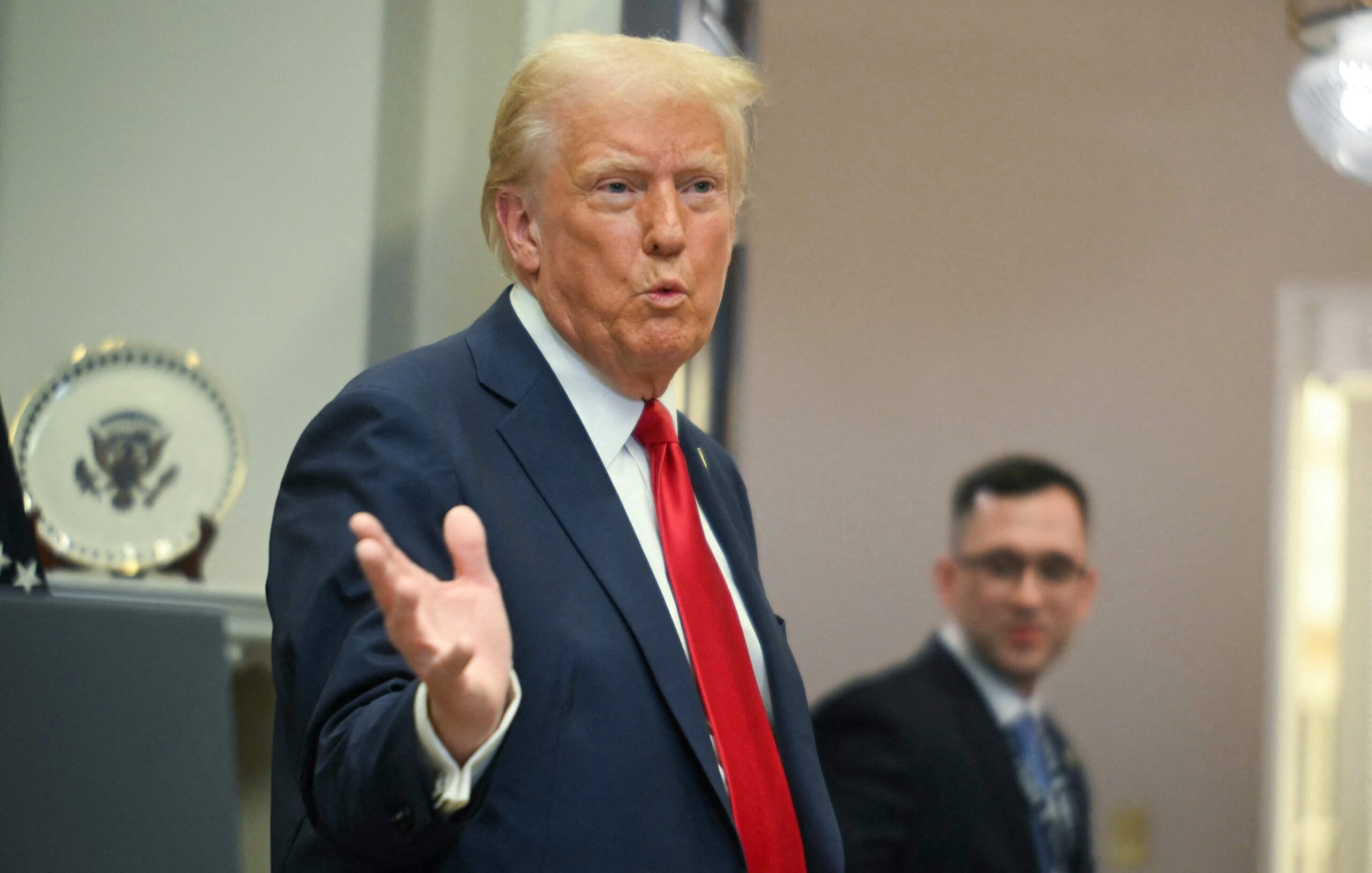U.S. and Russia Step Towards Improved Relations Amid Ukraine Conflict
The recent developments between the United States and Russia signal a potential thaw in diplomatic relations as both nations engage in serious discussions aimed at resolving the ongoing conflict in Ukraine. In a pivotal meeting held in Saudi Arabia, U.S. Secretary of State Marco Rubio and Russian Foreign Minister Sergey Lavrov deliberated for over four hours on Tuesday, marking a significant moment in international relations.
The Meeting in Riyadh: A Fresh Start
The meeting took place against the backdrop of a protracted war in Ukraine, which has been the focal point of U.S.-Russia tensions since Russia’s invasion in 2022. Following the discussions in Riyadh, Rubio underscored the need to restore “functionality” to the diplomatic channels between Washington and Moscow. He stated, “For us to be able to continue down this road, we need to have diplomatic facilities that are operating and functioning normally.”
U.S. Strategy and Key Initiatives
Rubio revealed several initiatives that the U.S. intends to pursue, particularly the establishment of a high-level negotiation team to facilitate talks aimed at concluding the conflict in Ukraine. While he did not disclose the leadership structure of this team, there is speculation surrounding retired Lt. General Keith Kellogg, appointed as the special envoy to Ukraine and Russia. This initiative suggests a renewed commitment by the U.S. to engage meaningfully in the quest for peace.
Further, the current administration’s strategy reportedly includes enhancing geopolitical and economic relations with Russian President Vladimir Putin and his administration. However, Rubio did not explicitly state when the U.S. might consider lifting sanctions imposed on Russia after its 2022 invasion. He emphasized the necessity of collaborating with the European Union regarding any decisions on sanctions, saying, “The European Union will have to be at the table.” This highlights the importance of unified international action in addressing the crisis.
Concerns from Ukraine and the EU
Amid these evolving discussions, concerns have surfaced regarding the roles of Ukraine and the European Union in the peace negotiations. Following the Munich Security Conference, reporters inquired if an EU representative would have a formal role in the talks, to which Kellogg refrained from providing a definitive answer. This ambiguity has contributed to fears that Ukraine and European interests may be sidelined in the peace process.
Responding to these fears, Rubio firmly claimed, “No one is being left out here,” reiterating that former President Trump now has the opportunity to spearhead a peace initiative that brings together U.S., European, Ukrainian, and international interests. By establishing a collaborative approach, the U.S. hopes to foster a stable security environment in Europe.
Enduring Commitment to Negotiations
The meeting concluded with a consensus among key participants—Rubio, Lavrov, Trump’s National Security Advisor Michael Waltz, special envoy Steven Witkoff, and Putin’s advisor Yuri Ushakov—to maintain active engagement in ongoing diplomatic negotiations. Each representative underscored the importance of ensuring that discussions proceed in a constructive direction.
However, the reaction from Ukraine has been swift and critical. Ukrainian President Volodymyr Zelenskyy, who was scheduled to arrive in Saudi Arabia shortly after the meeting, abruptly canceled his trip in protest. Reports suggest that this decision was made to mitigate any perceived legitimacy of U.S.-Russia discussions that excluded Ukrainian representation.
The Significance of Ongoing Ukrainian Involvement
In the wake of the Riyadh meeting, Kellogg’s team reported that he would be visiting Kyiv for direct discussions with President Zelenskyy. Zelenskyy, having voiced strong opinions on the matter, maintained that any ceasefire agreement must include direct involvement from Ukraine, alongside contributions from the EU, Turkey, and the United Kingdom. His insistence highlights the critical nature of Ukrainian sovereignty and representation in any negotiations that affect its future.
“Ukraine and Europe—which includes the EU, Turkey, and the United Kingdom—must be actively involved in discussions and the development of security guarantees alongside the United States,” Zelenskyy emphasized during a public address following a meeting with Turkish President Recep Tayyip Erdoğan.
Looking Ahead: Future Summits and Discussions
As diplomatic efforts progress, European leaders are expected to organize a second emergency summit focused on Ukraine. This gathering aims to assess regional security dynamics and determine the subsequent steps necessary to support Ukraine effectively.
Awaiting Official Statements
As developments unfold, the U.S. State Department has yet to issue any official comments regarding the recent discussions. The absence of a formal statement raises questions about the administration’s next steps and how it plans to address both domestic and international concerns surrounding the evolving geopolitical landscape.
In conclusion, the recent U.S.-Russia meeting signifies a critical juncture in international diplomacy concerning the Ukrainian conflict. Engaging in open dialogue is crucial, but maintaining the involvement of Ukraine and European nations will play a pivotal role in achieving a lasting peace.
